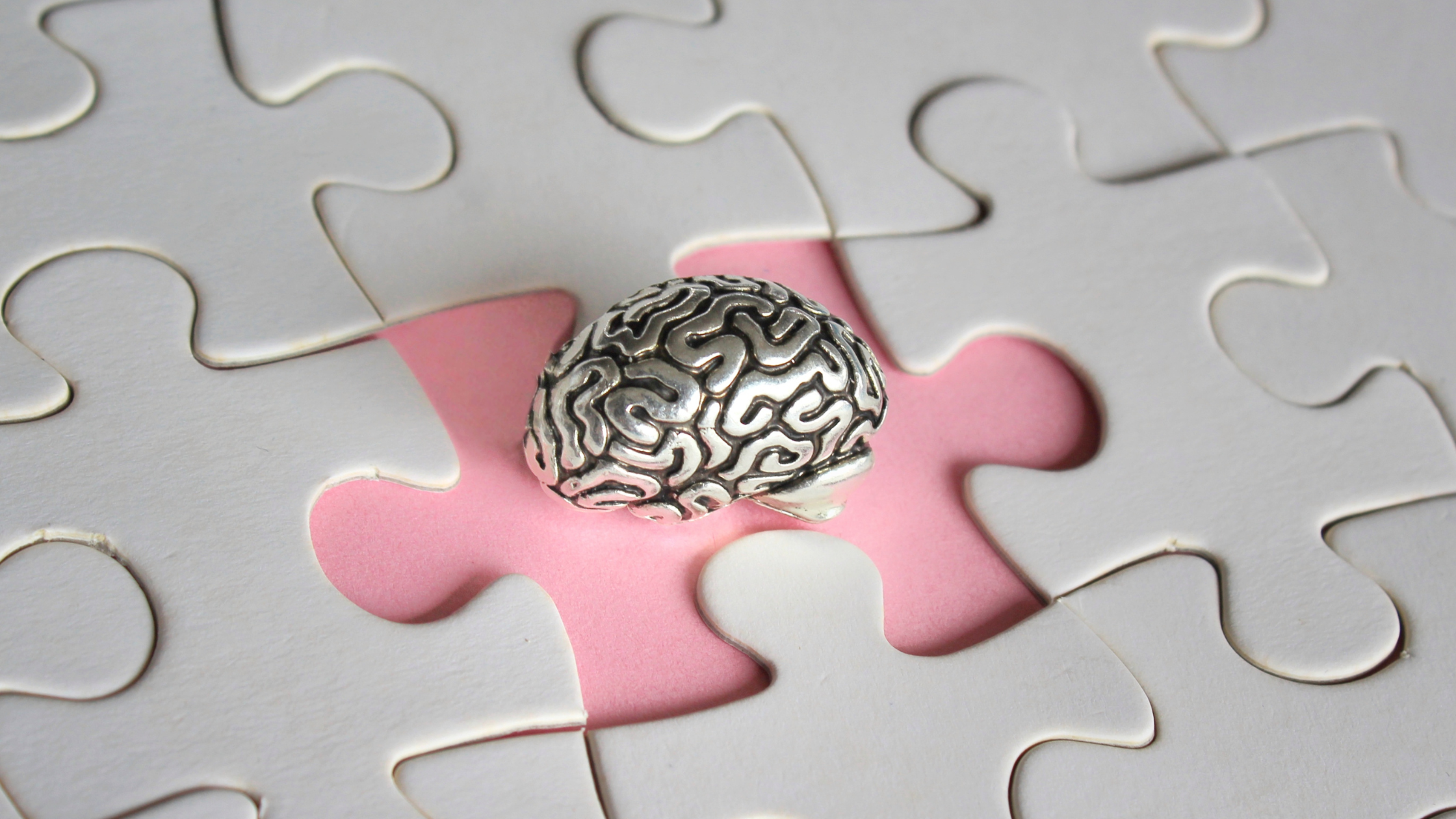What Even is Mental Illness?
Earlier this year, The Very Mad Book Club read “Mad In America: Bad Science, Bad Medicine, and the Enduring Mistreatment of the Mentally Ill” by Robert Whitaker. It opened my eyes to a world of psychiatry in which no one really knows enough about the brain to make an accurate diagnosis, let alone execute a successful treatment plan, and when it comes to mental health, we’re all just taking our best guess.
It left me with lingering questions, the most burning among them being “What even is schizophrenia?” I’m still not sure if it’s a real thing or if it’s a blanket term that we use to describe general psychosis and even brain inflammation.
This round, we’re reading “The Great Pretender” by Susannah Cahalan, in which eight “sane” people committed themselves to mental institutions, all with the same made-up symptoms, and left with wild reports of inhumane treatment. I’m almost done with the book, and I fear it has only brought up more questions, the most burning among them now being “What even is mental illness?”
The year I turned fourteen marked one of the most challenging periods of my life. After my family was evicted, my dad left, and I spent the next fifteen months living temporarily with others until we secured Section 8 housing. During this time, I struggled behaviorally, which led to expulsion from school. Court-ordered therapy followed, where I was diagnosed with chronic depression and social anxiety.
Funny, I thought I was just going through a rough time.
The meds they put me on made me feel like I was half asleep walking through tar. (Medication and I still don’t play well together.) I was hospitalized twice after that. It wasn’t until I stopped taking them altogether that I finally began to feel okay again. I still had to face the trauma shaping how I processed emotions, but I decided that it was worth enduring the crushing lows if it meant I could actually experience joy again.
I fully reject my diagnosis of chronic depression. I feel depressed when there is reason to be depressed, and I don’t believe any chemical imbalance has anything to do with it.
The way depression is diagnosed, with a questionnaire about your feelings and behaviors and their durations, is not as perspicuous as, say, a blood test for diabetes. There’s no way of knowing that you’re in need of medication until you give it a go and see if it helps with symptoms. So how do you know whether you’re depressed because of a chemical imbalance - a theory that is simplified at best and outdated at worst - or you are just having what I strongly believe is a reasonable response to a super messed up universe?
In the book, Susannah Cahalan visits the doctor who created the SCID, or Structured Clinical Interview for DSM, a series of questions used to identify a mental health diagnosis. Cahalan recalls for the doctor her battle with encephalitis while he uses the SCID to narrow it down to schizophreniform or schizoaffective disorder. The doctor admits his system is flawed, and goes on to charge her $550 for a misdiagnosis.
I don’t say this to discredit psychiatry, doctors, meds, or any of the like. I think it’s important to trust the people who know more than we do. But I also think it’s important to recognize how little we know about brain function. That’s why we can’t just treat it like a physical ailment, even though the brain is part of the physical body. It’s also important to note that lifestyle and trauma affect brain function as well. How much? Well, we don’t know. My guess is that it’s highly individualized.
As much as I love reading these books and opening my eyes and mind to a whole new perspective, it makes me want to scream into the void a bit. I’m not sure what to do with this information, but I’m leaning towards trust yourself. If a diagnosis feels off, it’s probably incorrect. If a certain mode of recovery (medication, therapy, etc.) does not work for you, it’s ok to try something else. When we’re all just out here doing our best to put together the puzzle that is the human brain, advocating for your own mental health is necessary.
So what even is mental illness? A brain disease, a trauma-inflicted condition, a genetic disorder? The answer is yes. Probably.


